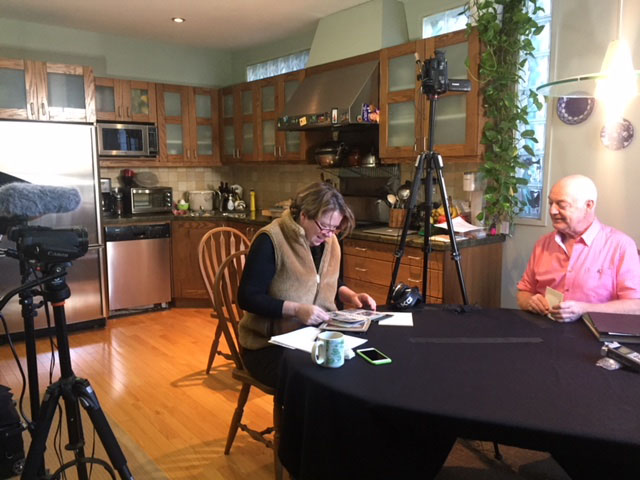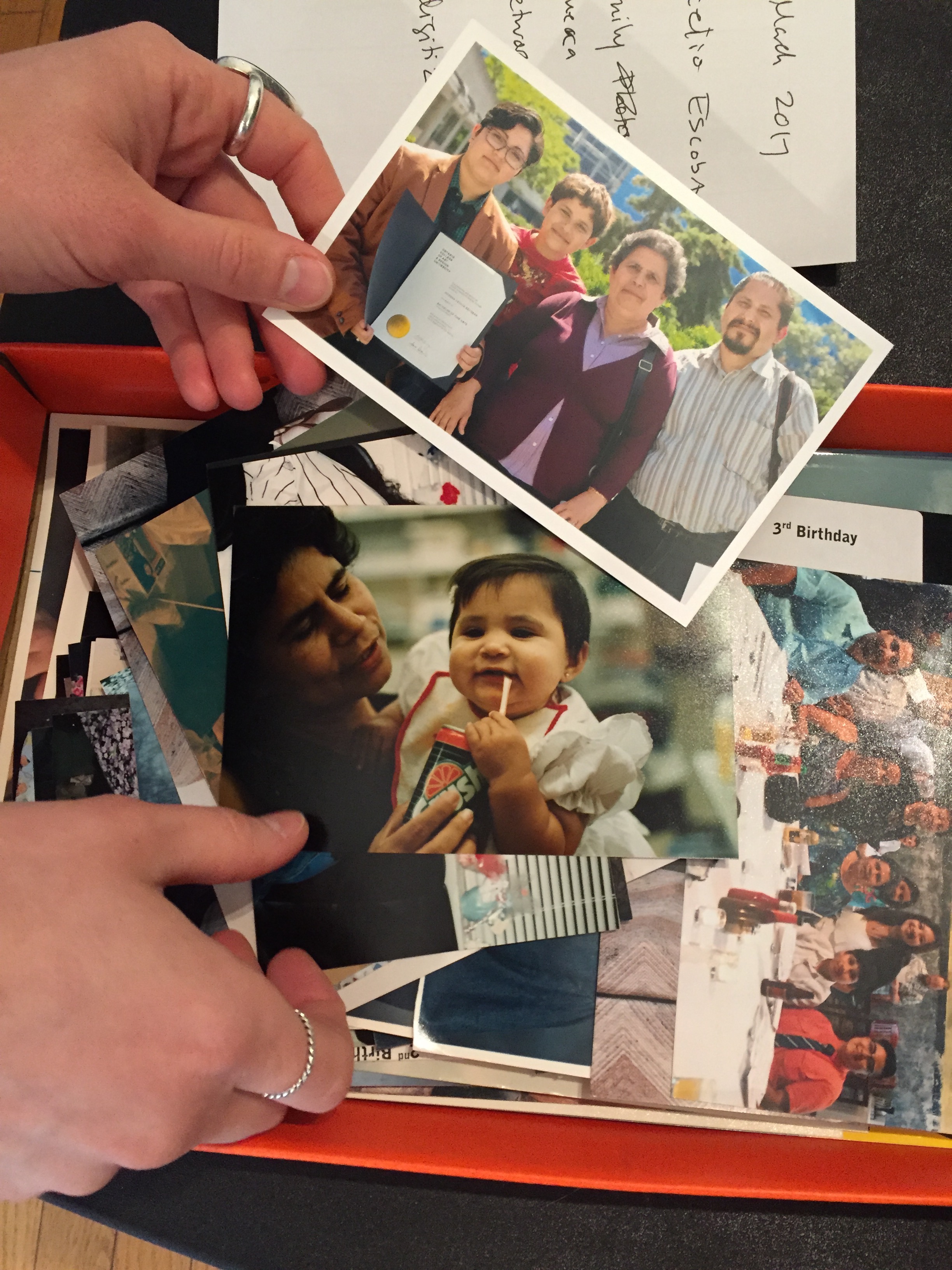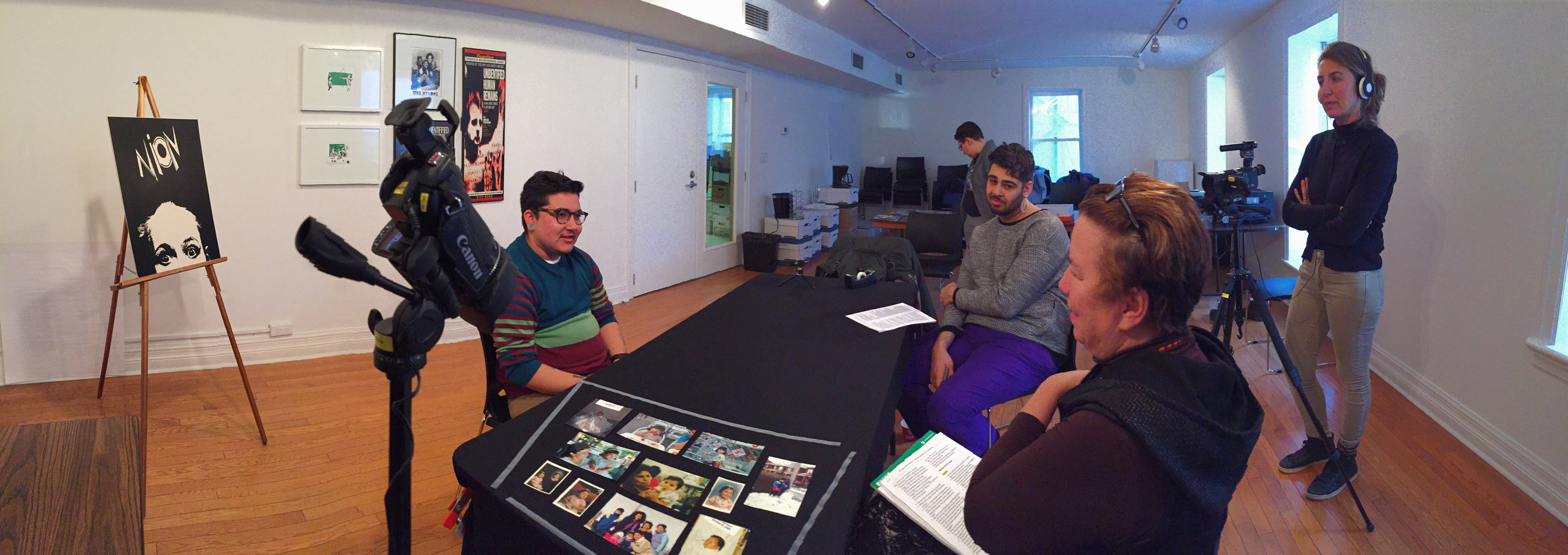The Family Camera
The Family Camera was a collaborative, community-based project at the intersection of photography and oral history. Beginning in 2016, our network of cultural institutions, researchers, digital librarians and archivists developed the first multi-partner scholarly study of family photography as a critical building block for understanding self, family, community, and nation in Canada. The project involved an ambitious three-part research program.
First, the network collected 70 oral histories and over 7000 accompanying family photographs. Partners in the network collected materials from diasporic communities across Canada following World War II, capturing family photography at a moment of dramatic historical change. In the latter half of the twentieth century, diasporic communities were transformed through refugee policies, Cold War dislocations, family reunifications, LGBTQ marriage, and transnational adoptions. Family photos — and the many personal stories they anchor — are an important resource for understanding how such communities responded to these historical shifts.
Second, the Family Camera Network built a digital platform to make interviews and family photos available to scholars and the general public. Participants also had the opportunity to preserve print artifacts at the Royal Ontario Museum and at The ArQuives, Canada’s Lesbian and Gay Archives.
Third, we lead a series of exhibitions and conferences in Toronto through The ArQuives, the CONTACT Photography Festival, Ryerson University, and other cultural institutions.
You can find more about the Family Camera Network here.




